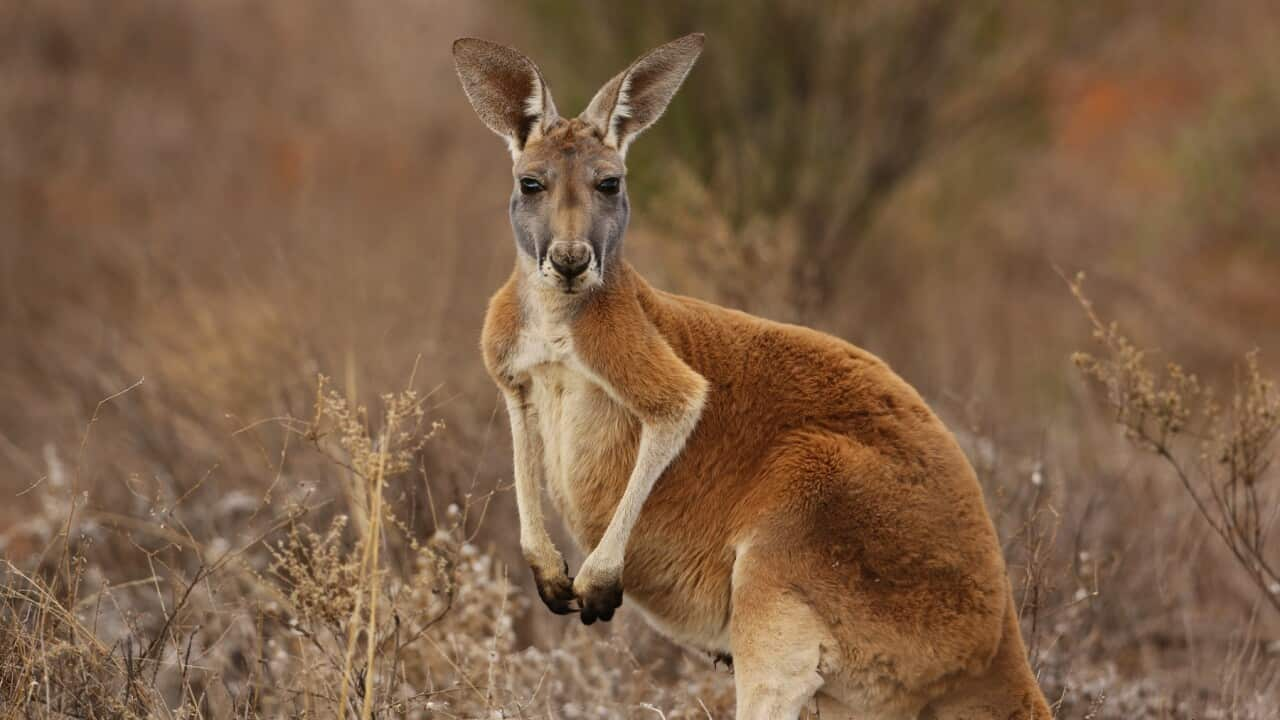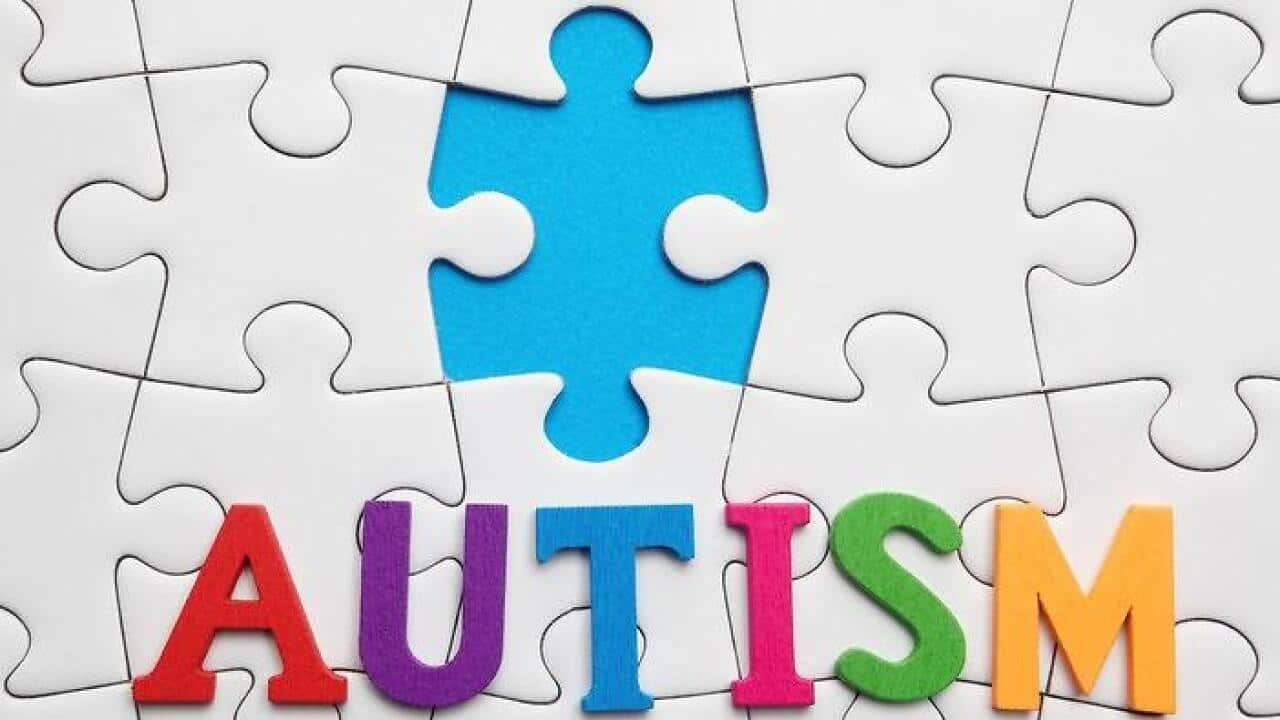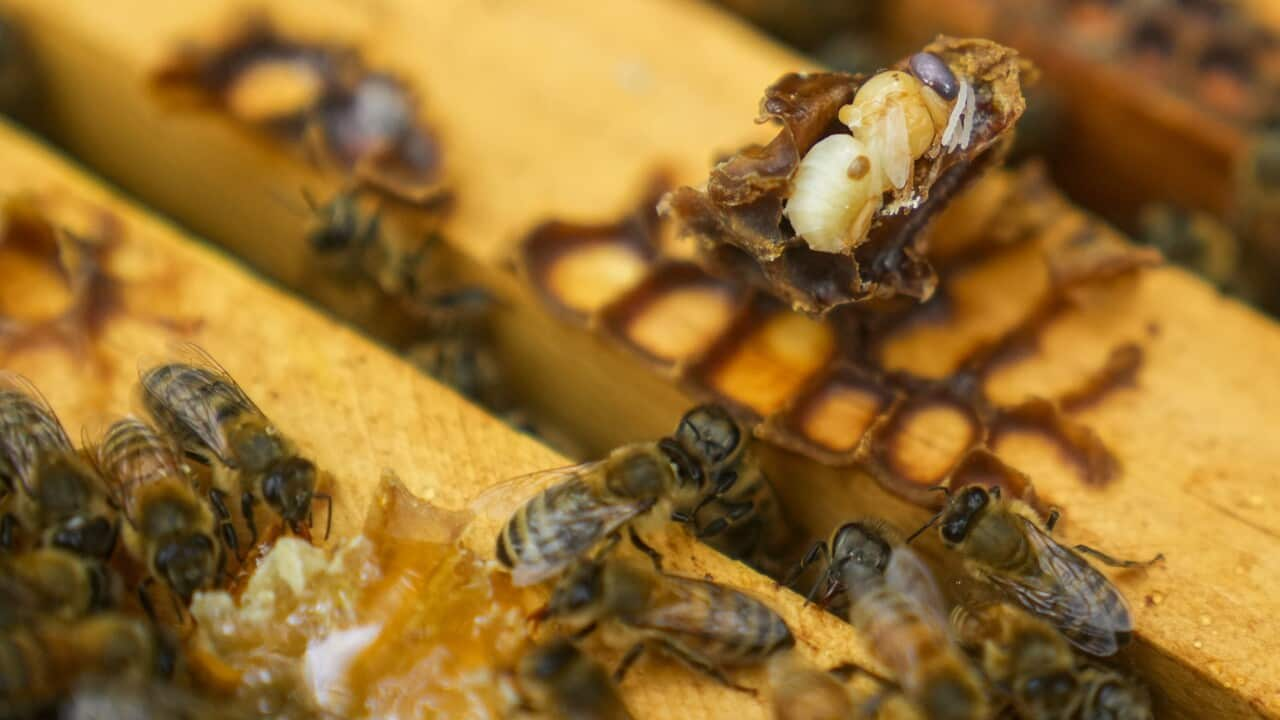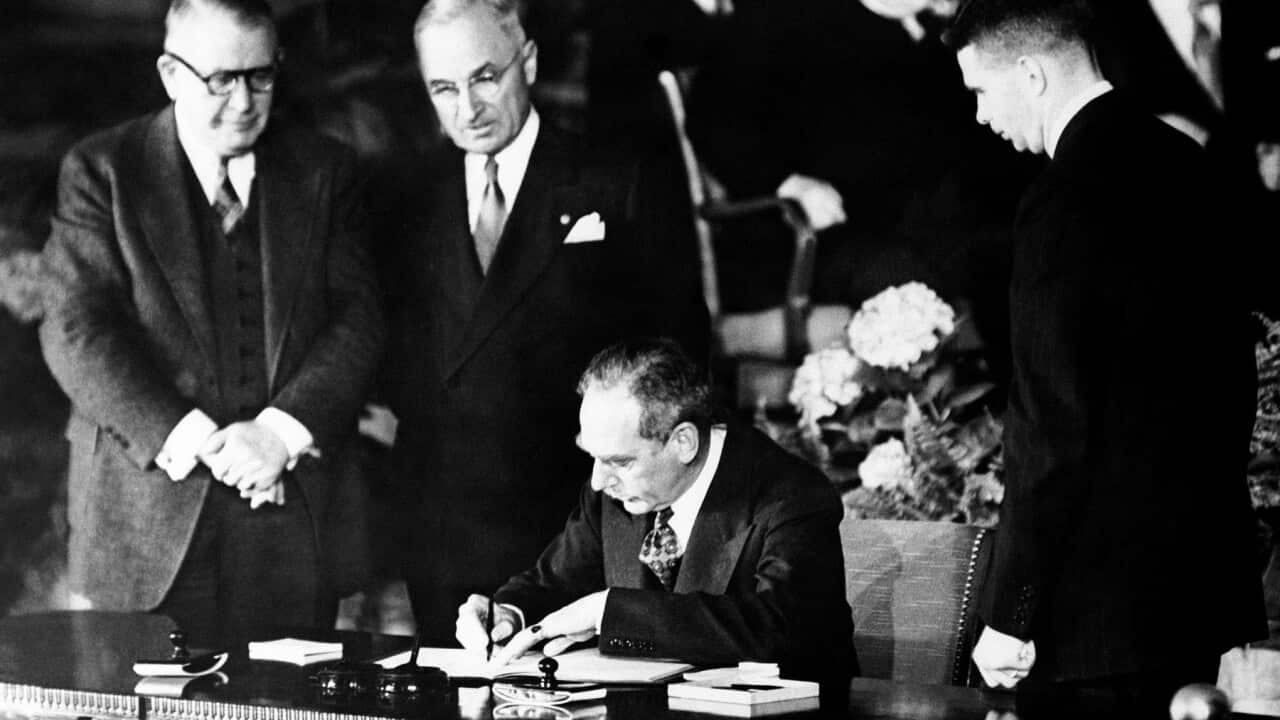Italian
Avendo ostentato il branco di canguri nella residenza del governatore a diplomatici europei in visita – è il lato meno fotogenico di questa industria multimilionaria che alcuni a Bruxelles hanno sotto gli occhi.
Anja Hazekamp è la presidente dell’Intergruppo del Parlamento Europeo per il benessere degli animali.
"It's amazing how many kangaroos are shot in Australia, despite being the Australian icon; and the second thing was Europe plays an important role in that because we are the main importer of kangaroo products in the world."
Alcuni membri dell’Intergruppo per il benessere degli animali stanno minacciando di bloccare un accordo di libero commercio con l’Australia atteso da lungo tempo.
"When you realise that the kangaroo hunting is a really cruel industry with a lot of animal welfare issues. The hunting takes place in the night, far away from scrutiny or enforcement and it is difficult to kill instantly these animals while they're running and when it's dark, and there's also the problem of the joeys that are abandoned and left in the field or killed. It's such a cruel industry and I think Europe should ban the import of kangaroo products."
L’Unione Europea è il più grande mercato di esportazione del settore, con un valore di 50 milioni di dollari di carne, pelli e cuoio destinati al mercato unico ogni anno.
I diplomatici australiani si stanno muovendo per alleviare le preoccupazioni sulla sostenibilità e l’igiene.
Joanna Grainger fa parte della rappresentanza diplomatica dell’Australia all’Unione Europea.
"There's been no adverse impact on the long-term kangaroo population have been identified and that's after more than 30 years of a commercial kangaroo management. Australia's kangaroo industry meets the EU's stringent food safety and animal welfare requirements."
La senatrice del Partito Nazionale Bridget McKenzie promuove con passione il settore.
"It is a fabulous meat, our Indigenous Australians have been enjoying it for tens of thousands of years and I'd encourage everyone to get a kangaroo burger as soon as they can."
Il nuovo commissario europeo per il commercio, Valdis Dombrovskis, sta affrontando crescenti pressioni per imporre standard di benessere e sostenibilità più rigidi negli accordi di libero commercio, compreso quello con l’Australia.
"We need to stay vigilant and we need to ensure EU standards are upheld and we will be very strict in this area."
Le esportazioni agricole sono particolarmente delicate.
Nonostante mantengano un avanzo commerciale, alcune delle nazioni dell’Unione Europea temono che una concorrenza maggiore potrebbe danneggiare i loro mercati interni, come spiega Anja Hazekamp.
"If we allow products to enter our markets that are produced under less strict circumstances, as we have here in Europe, then it's it's not fair. And it's unfair competition for our European farmers. And the European Parliament is not afraid to block trade agreements if necessary."
Dopo nove cicli di negoziati, i funzionari australiani restano ottimisti per un accordo che si possa concludere alla fine del prossimo anno.
English
Having showed off the Government House herd of Kangaroos to visiting European diplomats - it's the less photogenic side of this multi-million-dollar industry that some in Brussels have in their sights.
Anja Hazekamp is the president of the European Parliament's Intergroup for Animal Welfare.
"It's amazing how many kangaroos are shot in Australia, despite being the Australian icon; and the second thing was Europe plays an important role in that because we are the main importer of kangaroo products in the world."
Members of the Intergroup for Animal Welfare are threatening to block a long-awaited free trade agreement with Australia.
"When you realise that the kangaroo hunting is a really cruel industry with a lot of animal welfare issues. The hunting takes place in the night, far away from scrutiny or enforcement and it is difficult to kill instantly these animals while they're running and when it's dark, and there's also the problem of the joeys that are abandoned and left in the field or killed. It's such a cruel industry and I think Europe should ban the import of kangaroo products."
The E-U is the industry's largest export market with 50 million dollars-worth of meat, skin and leather shipped to the single market every year.
Australian diplomats are moving to ease concerns about sustainability and hygiene.
Joanna Grainger is part of Australia's Mission to the European Union.
"There's been no adverse impact on the long-term kangaroo population have been identified and that's after more than 30 years of a commercial kangaroo management. Australia's kangaroo industry meets the EU's stringent food safety and animal welfare requirements."
Nationals Senator Bridget McKenzie is also keen to promote the industry.
"It is a fabulous meat, our Indigenous Australians have been enjoying it for tens of thousands of years and I'd encourage everyone to get a kangaroo burger as soon as they can."
Europe's new Trade Commissioner, Valdis Dombrovskis, is facing growing pressure to impose stricter sustainability and welfare standards in Free Trade deals - including with Australia.
"We need to stay vigilant and we need to ensure EU standards are upheld and we will be very strict in this area."
Agricultural exports are particularly sensitive.
Despite maintaining a trade surplus, some EU nations are worried increased competition could harm their domestic markets, as Anja Hazekamp explains.
"If we allow products to enter our markets that are produced under less strict circumstances, as we have here in Europe, then it's it's not fair. And it's unfair competition for our European farmers. And the European Parliament is not afraid to block trade agreements if necessary."
After nine rounds of negotiations, Australian officials remain optimistic a deal can be finalised late next year.
Report by Brett Mason







